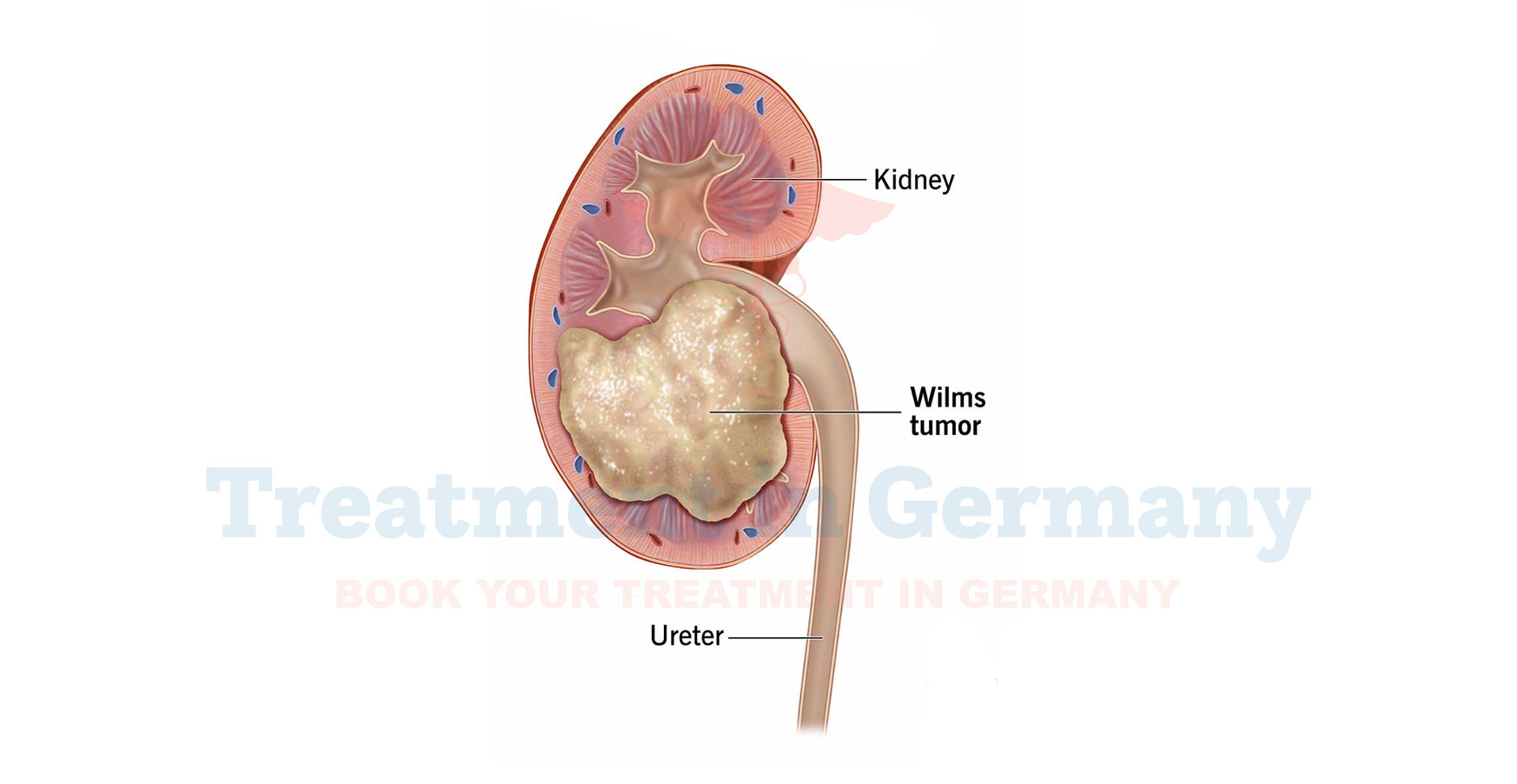What is Wilms' Tumor?
Wilms' Tumor, also known as nephroblastoma, is a rare and malignant kidney cancer primarily affecting children. It typically develops in one or both kidneys and most commonly occurs in children under the age of 5.
The exact cause of Wilms' Tumor is not well understood, but genetic factors and developmental issues are believed to play a role. Symptoms may include a noticeable abdominal mass, abdominal pain, fever, and blood in the urine.
Side Effects of Wilms' Tumor
The presence of Wilms' Tumor can lead to various symptoms and complications, including:
- Abdominal Swelling or Pain: Due to the tumor's growth, patients may experience noticeable swelling or discomfort in the abdomen.
- Blood in Urine: Hematuria, or blood in the urine, can occur, leading to noticeable discoloration.
- Fever and Loss of Appetite: General symptoms such as fever, nausea, and a reduced appetite are common.
- Hypertension: High blood pressure can sometimes be a side effect, impacting overall health.
- Potential Spread: If not treated promptly, Wilms' Tumor can spread to other parts of the body, complicating treatment and prognosis.
How is Wilms' Tumor Diagnosed?
Early and accurate diagnosis is crucial for effective treatment. The diagnostic process for Wilms' Tumor typically involves:
- Medical History and Physical Examination: Initial assessment includes reviewing symptoms and conducting a physical examination to check for abdominal masses.
Imaging Tests:
- Ultrasound: Often the first imaging test used to identify kidney abnormalities.
- CT Scan or MRI: Provides detailed images of the tumor and helps in assessing its size and spread.
- Biopsy: In some cases, a biopsy might be performed to obtain a tissue sample for microscopic examination to confirm the presence of cancer cells.
- Blood Tests: These help evaluate overall health and detect any potential impact of the tumor on organ function.
Potential Treatment of Wilms' Tumor
Treatment for Wilms' Tumor usually involves a combination of surgery, chemotherapy, and sometimes radiation therapy. The specific treatment plan depends on the tumor’s stage, size, and whether it has spread. The common treatment approaches include:
- Surgery: The primary treatment for Wilms' Tumor is surgical removal of the affected kidney or tumor. In some cases, the surgery may also involve removing nearby lymph nodes.
- Chemotherapy: This involves using medications to kill cancer cells and may be used before surgery (neoadjuvant therapy) to shrink the tumor or after surgery (adjuvant therapy) to eliminate any remaining cancer cells.
- Radiation Therapy: Though less commonly used, radiation therapy may be recommended in specific cases, especially if the tumor has spread or is not entirely removable by surgery.
- Follow-up Care: Regular follow-up visits are essential to monitor for any signs of recurrence and to manage any long-term effects of the treatment.
👉 Contact us for further information and receive a complimentary consultation.


.webp)
 (1).webp)

.webp)
 (1).webp)


.webp)
 (1).webp)

.webp)
 (1).webp)
